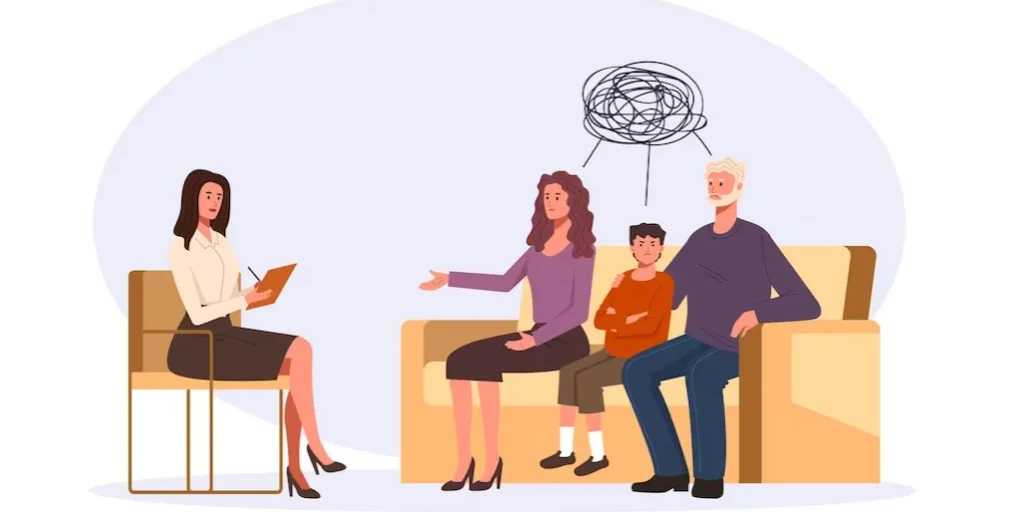24/7 Helpline:
(866) 899-111424/7 Helpline:
(866) 899-1114
Learn more about PTSD Rehab centers in Kettle Falls
PTSD Rehab in Other Cities
Other Categories in Kettle Falls

Other Insurance Options

Amerigroup

Group Health Incorporated

BlueShield

EmblemHealth

GEHA

PHCS Network

Premera

Sliding scale payment assistance

Health Partners

Private insurance

Providence

Excellus

Highmark

Cigna

CareSource

American Behavioral

UMR

Self-pay options

Magellan

Sutter



NorthEast Washington Alliance Counseling Services
NorthEast Washington Alliance Counseling Services - Hawthorne Avenue is a diagnostic and treatment c...


























































































































































































































Crisis Intervention Counseling
Crisis Intervention Counseling is a private rehab located in Colville, Washington. Crisis Interventi...

AA – Alcoholics Anonymous
AA – Alcoholics Anonymous is a non-profit rehab located in Colville, Washington. AA – Alcoholics Ano...

Spokane Tribe Behavior Health Agency
Spokane Tribe Behavior Health Agency is a public rehab located in Wellpinit, Washington. Spokane Tri...

Northeast Washington Counseling Service
Northeast Washington Counseling Service is a public rehab located in Chewelah, Washington. Northeast...




























































